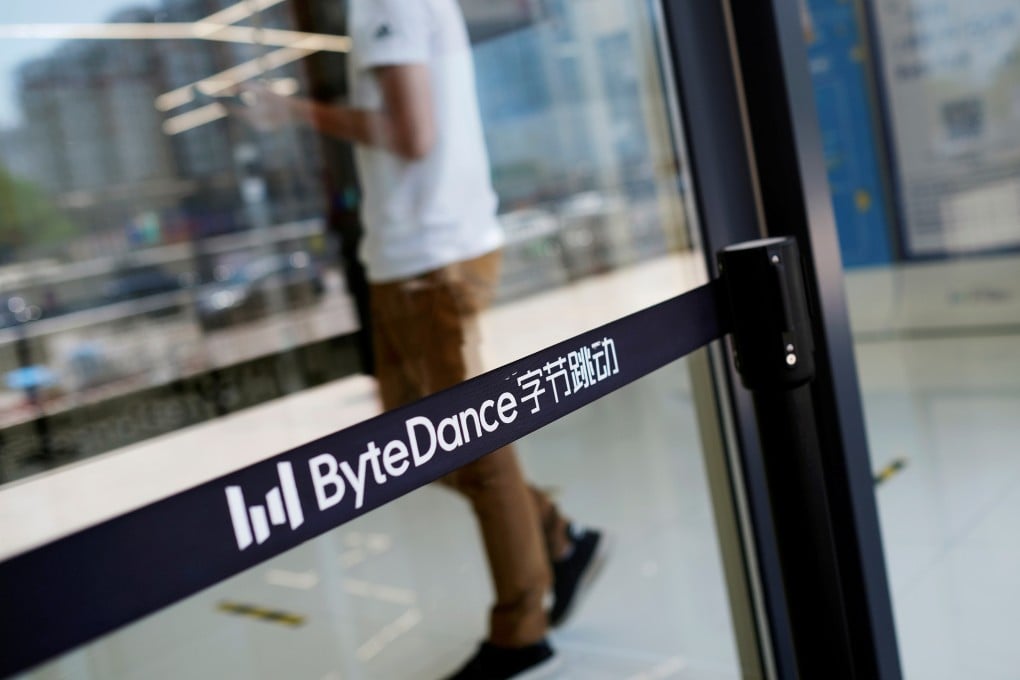Advertisement
Could TikTok-owner ByteDance’s new payment licence be its ticket to e-commerce success?
- With its flagship product TikTok facing headwinds internationally, ByteDance has been moving to diversify its revenue stream
- The Beijing-based company’s acquisition of a company with an online payment licence could boost its push into e-commerce, analysts say
Reading Time:4 minutes
Why you can trust SCMP

Chinese entertainment start-up ByteDance is best-known as the company behind TikTok, the app that took the world by storm with its quirky dance videos and viral pranks. But lately it has been pushing into a completely different field – e-commerce – and analysts say its efforts could be boosted by its recently obtained online payment licence.
The Beijing-based company recently obtained a domestic online payment licence by acquiring the parent company of third-party payment service UIPay, Wuhan Hezhong Yibao Technology Co, via an entity called Tianjin Tongrong E-commerce Co. Such third-party payment licences have become a rare commodity in China since the central bank stopped issuing new ones indefinitely in 2016.
The acquisition will allow ByteDance to grow its e-commerce businesses and mitigate transaction risks from working with payment partners, analysts said.
Advertisement
UIPay, who has been a payment partner of ByteDance since 2018, obtained its licence from China’s central bank in 2014 and had it renewed last year – the qualification is valid for five years, according to the central bank’s website.
With its flagship product TikTok facing headwinds internationally, including a ban in India and forced sale in the US, ByteDance has been moving to diversify its revenue streams. One area it is setting its sights on is the internet finance industry, where transactions are expected to reach 590 trillion yuan (US$86 trillion) by 2023 according to the LeadLeo Research Institute.
Aside from UIPay, the company has acquired at least three other domestic financial subsidiaries since 2018 in the areas of insurance, online microloans and securities.
Advertisement
Select Voice
Choose your listening speed
Get through articles 2x faster
1.25x
250 WPM
Slow
Average
Fast
1.25x